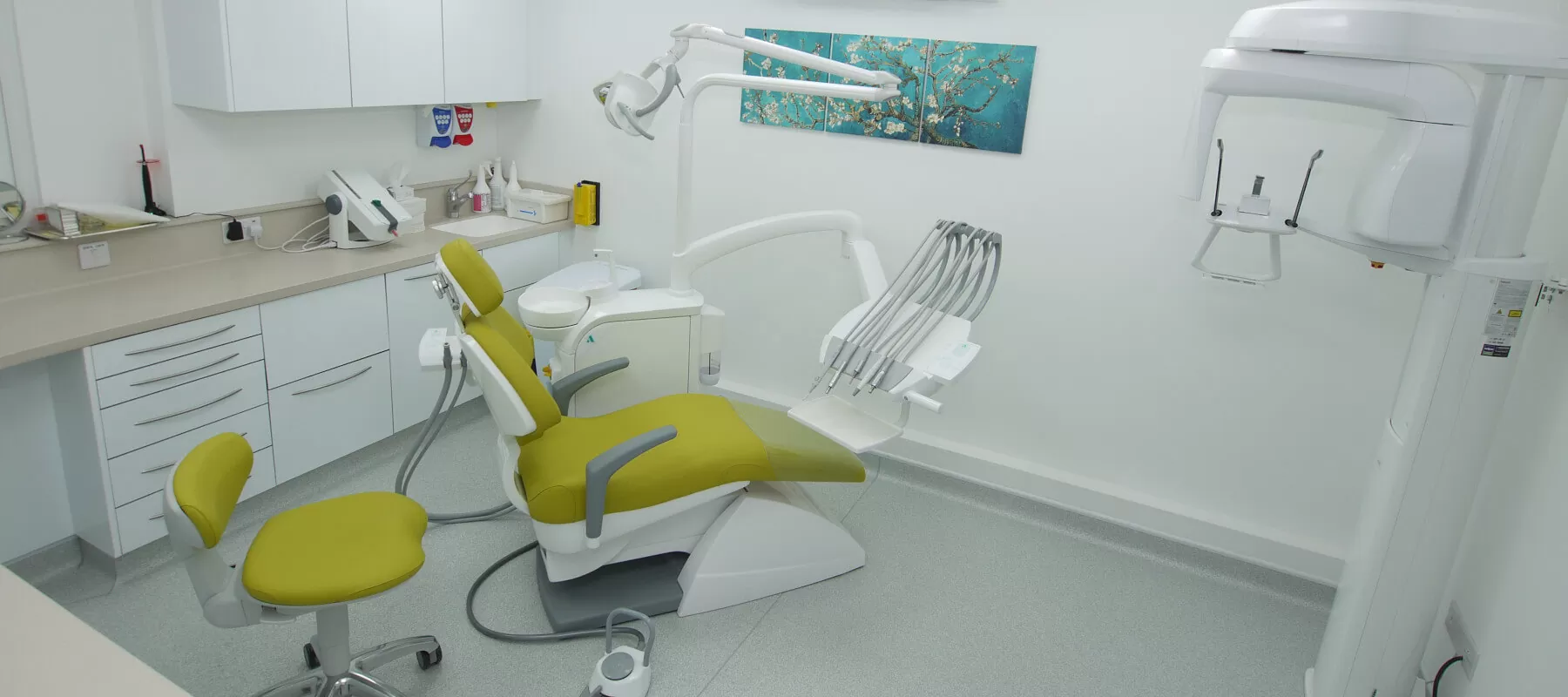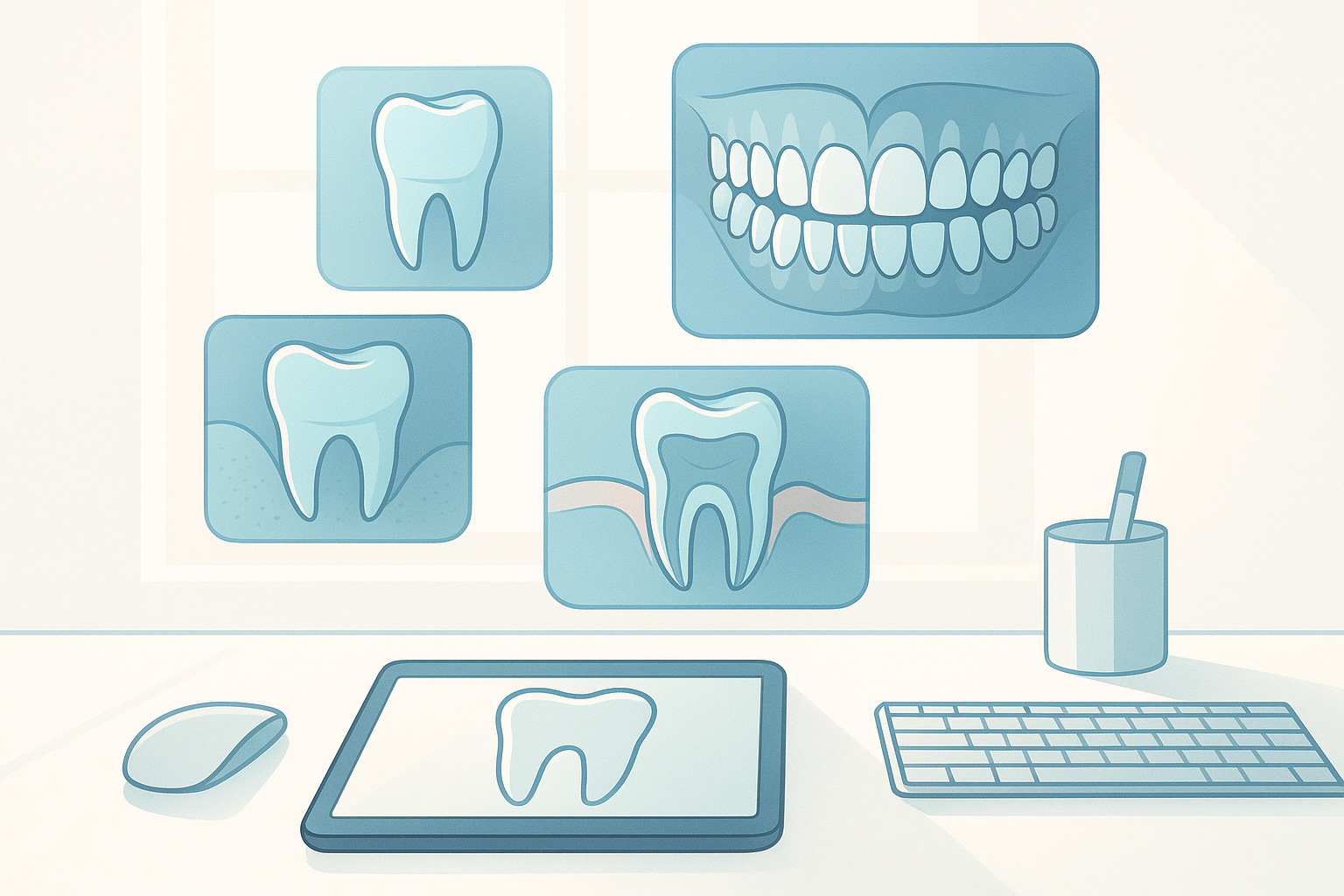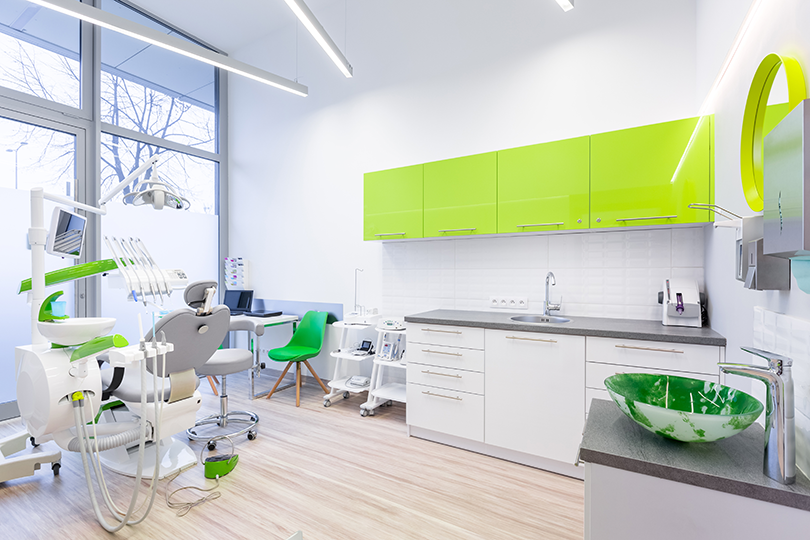Precision and Protection in Modern Dental Equipment
In the evolving field of dentistry, precision and reliability are everything. Dental professionals rely on a range of high-performing tools, devices, and materials to deliver accurate and comfortable treatments for their patients. From air and water control systems to suction units and handpieces, every component plays a vital role in maintaining both efficiency and hygiene. As the industry continues to embrace technological advancements, the design and protection of these components are more crucial than ever.
Engineering Precision into Dental Systems
Modern dental practices are a far cry from the manual setups of decades past. Today’s equipment integrates digital controls, micro-motors, and automated systems that demand exceptional accuracy. Each tool must function flawlessly, often under challenging conditions such as constant exposure to moisture, vibration, and sterilisation cycles.
Manufacturers, therefore, focus heavily on engineering precision — ensuring every valve, tubing, and connector meets strict safety and performance standards. The result is a clinical environment where reliability supports the dentist’s skill and enhances patient comfort.
Protective Components in Dental Equipment
Dental systems are exposed to significant physical and environmental stress. The continuous use of air compressors, suction systems, and chair mechanisms introduces heat, pressure, and potential wear. To ensure these machines continue operating efficiently, protective components such as seals, joints, and bellows are integrated into their design.
Bellows, for instance, act as flexible connectors between moving parts, preventing the entry of dust, debris, or liquids. Their ability to expand and contract allows for smooth movement while maintaining a barrier that protects sensitive internal mechanisms. In dental settings, where hygiene and precision are paramount, such protection is indispensable.
The Role of Quality Materials in Dental Manufacturing
The materials used in dental tools and machinery significantly affect performance. Stainless steel, titanium, and medical-grade polymers dominate the field due to their resistance to corrosion and their ability to withstand sterilisation. However, flexibility components require materials that combine resilience with elasticity.
This is where specialist providers come into play — for example, rubber bellows suppliers who engineer precision parts designed to support delicate dental mechanisms. Their expertise ensures that protective components not only resist wear but also maintain performance consistency, allowing dental equipment to last longer and operate more smoothly.
Sustainability and Innovation in Dental Manufacturing
Beyond precision, sustainability is becoming a defining feature in the dental manufacturing sector. Eco-friendly materials, energy-efficient production, and recyclable packaging are now part of a global push toward greener practices. Dentists are also increasingly choosing suppliers who share their commitment to environmental responsibility.
Advances in 3D printing and CAD-based design have also enabled manufacturers to create highly customised components, reducing waste while improving fit and performance. From surgical instruments to orthodontic systems, innovation continues to reshape how dental care is delivered and maintained.
Ensuring Equipment Longevity and Safety
Regular maintenance and the use of quality components can dramatically extend the life of dental equipment. Clinics that invest in high-grade protective parts and adhere to proper servicing schedules see fewer breakdowns and improved patient safety. Equipment downtime can disrupt operations and impact patient trust, so proactive care is essential.
Furthermore, dental manufacturers are now embedding smart technology into their devices to alert users about wear, maintenance intervals, and performance irregularities. This integration of AI and IoT is making dentistry not only more efficient but also more predictive — enabling professionals to prevent issues before they occur.
A Future Focused on Precision and Care
As dentistry continues to evolve, the demand for durable, safe, and efficient equipment will only grow. Whether through advanced materials, automation, or sustainability, every improvement contributes to better patient outcomes and smoother clinical workflows. The collaboration between engineers, material specialists, and dental professionals ensures that the tools of tomorrow will meet the highest standards of both safety and sophistication.
Modern dental care is more than a practice — it’s a balance of science, technology, and craftsmanship. By focusing on the small details, such as the components that protect and optimise equipment performance, the dental industry continues to build trust and precision into every smile.







Post Comment